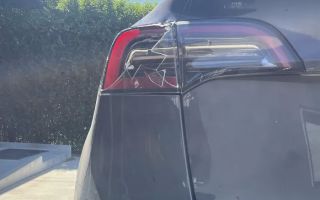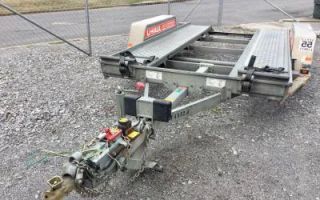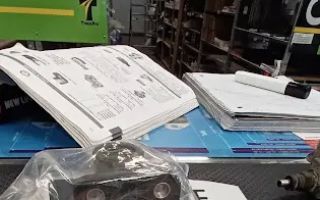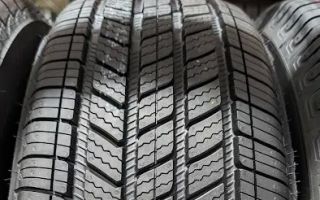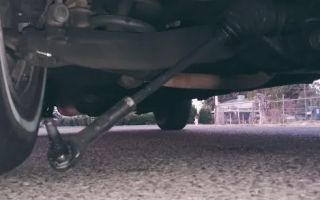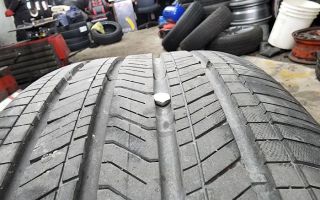When it comes to driving, one of the most common issues that can lead to an unexpected and inconvenient situation is a flat tire. As a driver, it’s crucial to understand the importance of tire pressure and how regularly checking it can save you from experiencing a flat tire. In my years of driving, I've learned the value of keeping an eye on tire pressure, and I’d like to share what I’ve discovered with you. If you're new to car maintenance or simply looking for guidance, this article will give you the necessary insights to avoid flat tires and maintain tire health effectively.
First off, I must say, checking your tire pressure is one of the simplest yet most effective tasks you can perform to ensure your vehicle’s safety and performance. Flat tires don’t only cause inconvenience, they also pose a safety risk. If a tire loses air while you're driving, it could lead to a blowout or a dangerous situation on the road. Therefore, knowing how often to check tire pressure can prevent this from happening.
1. The Ideal Frequency for Checking Tire Pressure
From my personal experience, I’ve found that checking your tire pressure at least once a month is a good baseline. Tire pressure naturally decreases over time, so it’s important to catch any deviations from the recommended level early on. Depending on how frequently you drive, or the conditions in which you drive (for example, extreme heat or cold), you may want to check your tire pressure more often. Also, whenever you plan a long road trip or are driving in harsh weather conditions, it's wise to give your tires a quick check before heading out.
While it’s easy to forget about tire pressure, remember that tires are an essential part of your car's performance. Improper tire pressure can lead to uneven wear, reduced fuel efficiency, and compromised handling. I’ve learned the hard way that maintaining the correct tire pressure can save you from unexpected tire blowouts that can leave you stranded on the road.
2. What Causes Tire Pressure to Drop?
It’s helpful to understand why tire pressure drops in the first place. Tires naturally lose air over time, but there are external factors that can cause rapid deflation. Temperature is one of the most significant contributors. As temperatures drop, the air inside the tire contracts, lowering the pressure. On the flip side, hot weather can cause the air inside to expand, putting additional stress on the tire. This fluctuation is one of the main reasons I check my tire pressure more regularly during seasonal changes.
Another factor that can cause a decrease in tire pressure is a slow leak. A small puncture or valve stem issue can lead to a gradual loss of air, and while it’s not immediately noticeable, it could lead to a flat tire if left unchecked. I remember once when a slow leak in one of my tires went unnoticed for weeks until I finally checked the pressure. By then, I was lucky it didn’t result in a flat tire during my drive.
3. How to Check Tire Pressure
Checking your tire pressure is incredibly easy and doesn’t require much technical knowledge. I’ve always kept a simple tire pressure gauge in my car, and it only takes a few minutes to get accurate readings. If you're unsure of how to check tire pressure, here’s a step-by-step guide that I follow:
- Park your vehicle on a flat surface and make sure the tires are cool. Tire pressure should be checked when the tires are cold to get an accurate reading, as heat can increase the pressure temporarily.
- Remove the valve cap from the tire's valve stem. This is a small cap that covers the tire’s air valve.
- Place the tire pressure gauge onto the valve stem and press down until the gauge gives a reading. You should hear a brief hissing sound, but it will stop once the gauge is properly sealed to the valve.
- Check the reading on the gauge. Compare it to the recommended pressure levels, which can be found in your vehicle’s owner’s manual or on a sticker inside the driver's side door frame.
- If the pressure is too low, use an air compressor to inflate the tire to the correct pressure. If it’s too high, release some air until it’s at the recommended level.
4. What Happens if You Don’t Check Your Tire Pressure?
Failing to check your tire pressure can result in a number of issues. I’ve learned from experience that the consequences of neglecting tire maintenance can be both costly and dangerous. If your tire pressure is too low, your tires will wear out faster, reduce fuel efficiency, and, in the worst case, cause a blowout. If the tire pressure is too high, it can make your tires more prone to punctures and cause an uncomfortable driving experience.
5. Additional Tips for Tire Maintenance
In addition to regularly checking your tire pressure, there are a few other tire maintenance habits I’ve adopted that can extend the life of my tires and keep them in optimal condition. Regularly rotating your tires is a great way to ensure even wear. I’ve noticed that rotating my tires every 6,000 to 8,000 miles has helped keep them performing well.
Another essential tip is ensuring that your tires are aligned properly. Misalignment can cause uneven tire wear and lead to premature flat tires. It’s a good idea to have your alignment checked every time you get new tires or if you notice your vehicle pulling to one side.
Lastly, make sure your tires are properly balanced. Unbalanced tires can cause vibrations and increase wear on both the tires and suspension. I’ve had my tires balanced every so often, especially if I notice any odd vibrations while driving.
6. When to Seek Professional Help
Despite all my efforts, there are times when I need to seek professional help. If I notice that one of my tires is consistently losing air, despite regular checks and inflation, or if I feel any unusual vibrations while driving, I always take my car to a trusted mechanic. A professional inspection can help identify hidden issues, such as leaks, misalignment, or damaged tires, that I might not catch on my own.
If you're in need of roadside assistance or tire repairs, I recommend checking out Rescue & Towing. They provide quick, reliable service in case of emergencies. It's always good to know you have a reliable company to call when you're stuck on the road due to tire issues.
By staying on top of tire pressure checks and practicing good tire maintenance, I can avoid many common issues that other drivers face. Regularly checking your tire pressure, along with proper tire care, ensures not only your safety but also your peace of mind. Don’t wait until it's too late to check your tires. It only takes a few minutes, and it can save you from a lot of unnecessary hassle.


